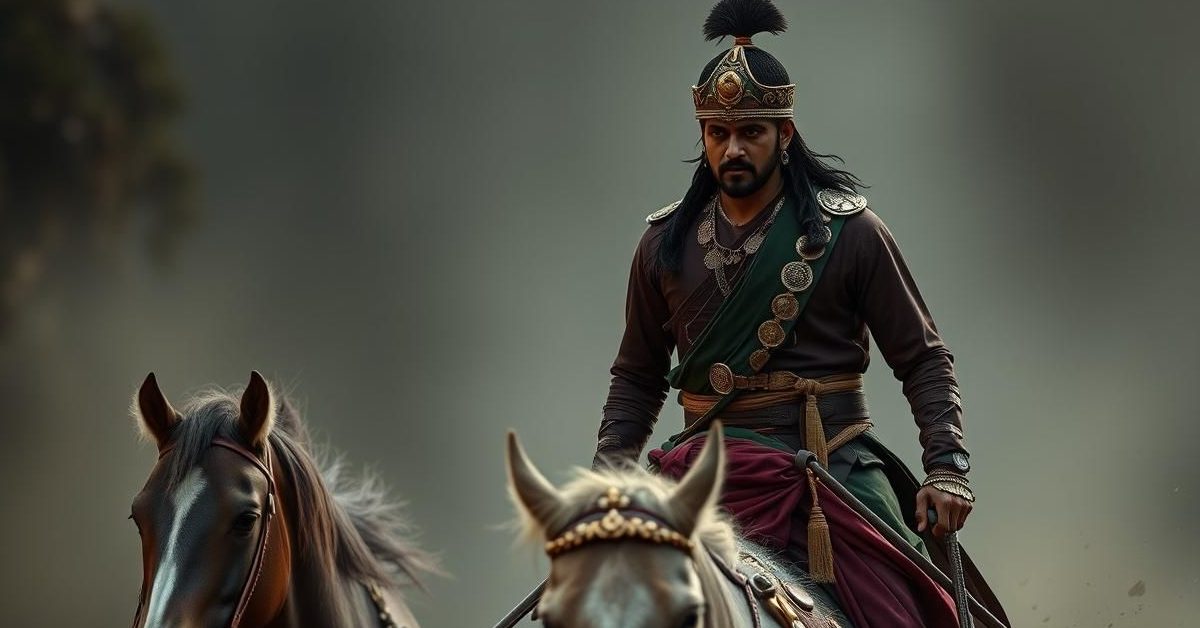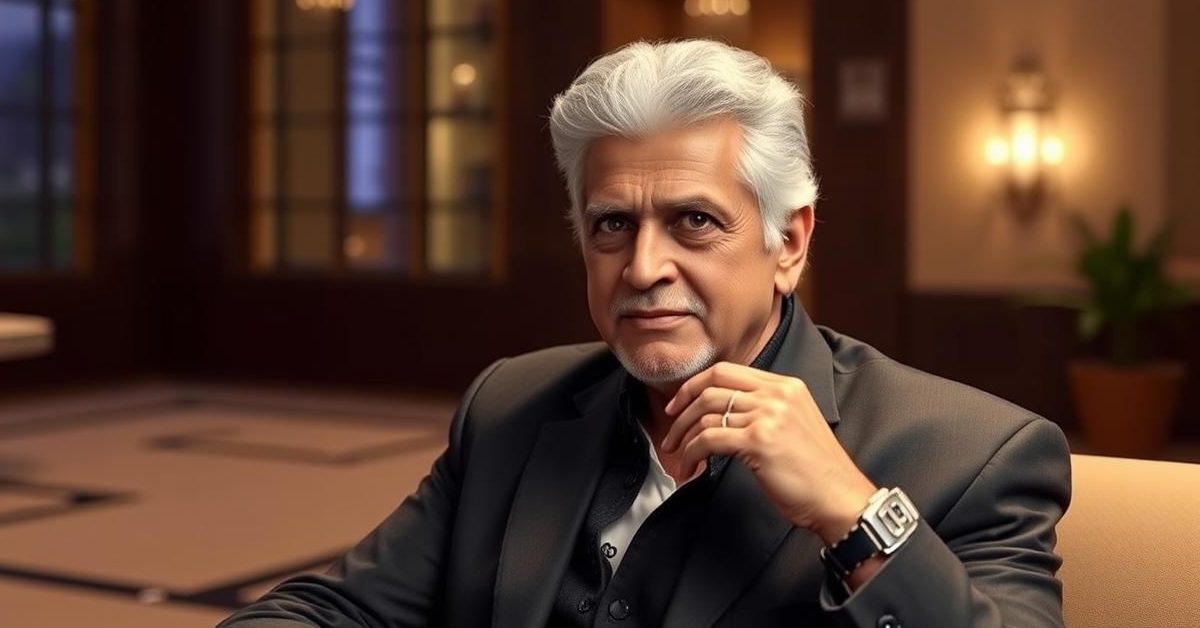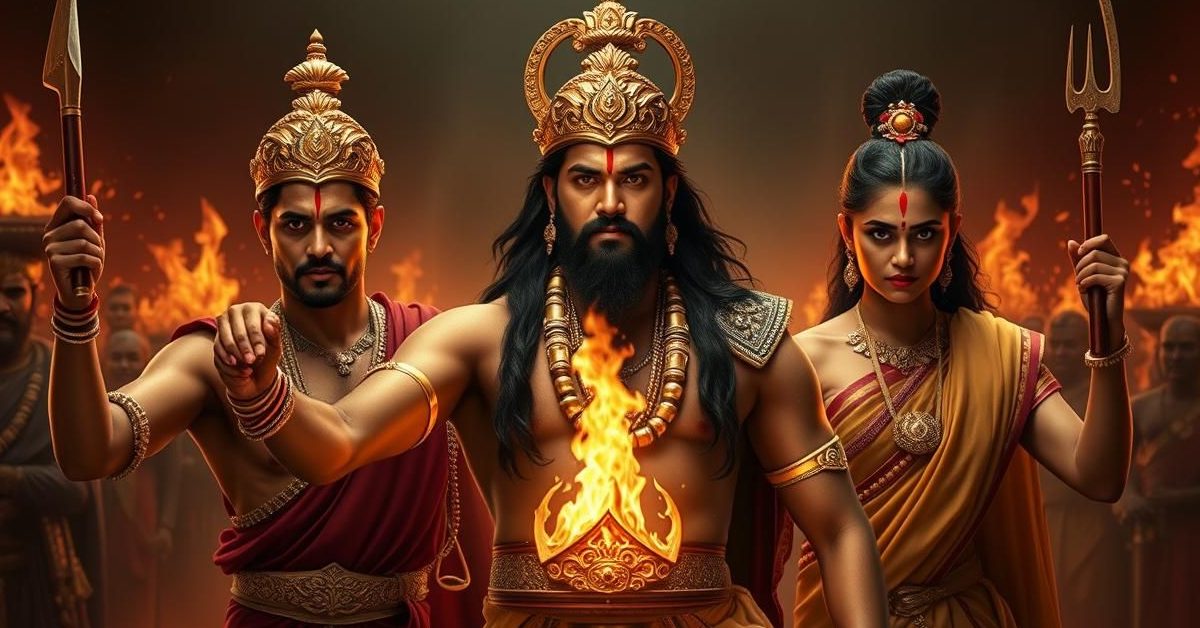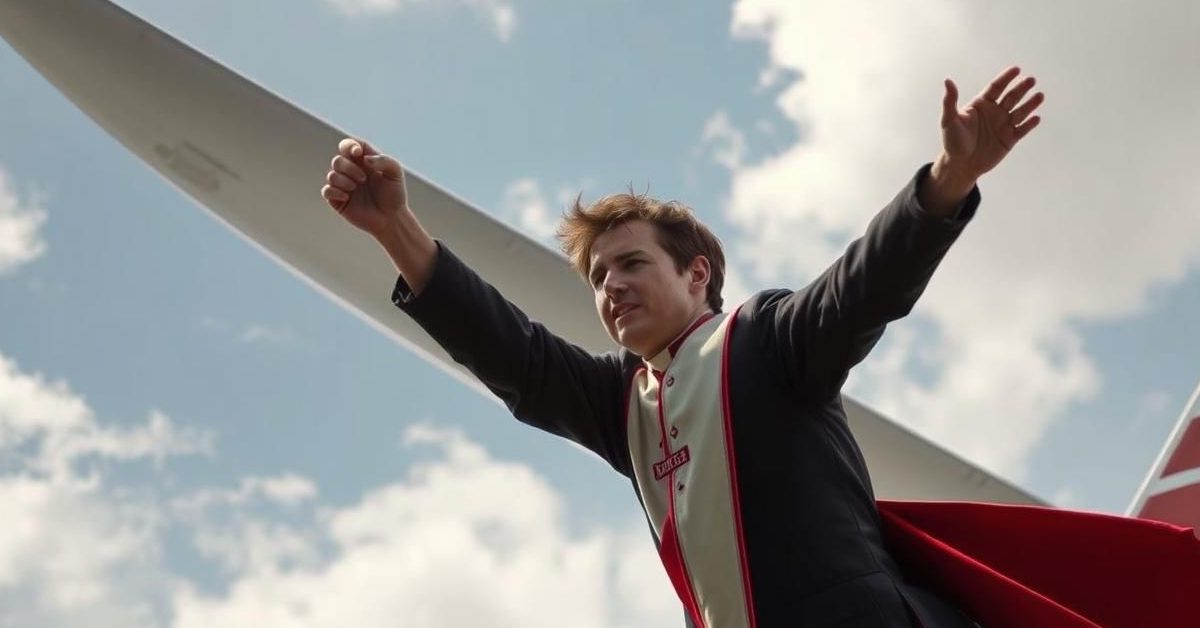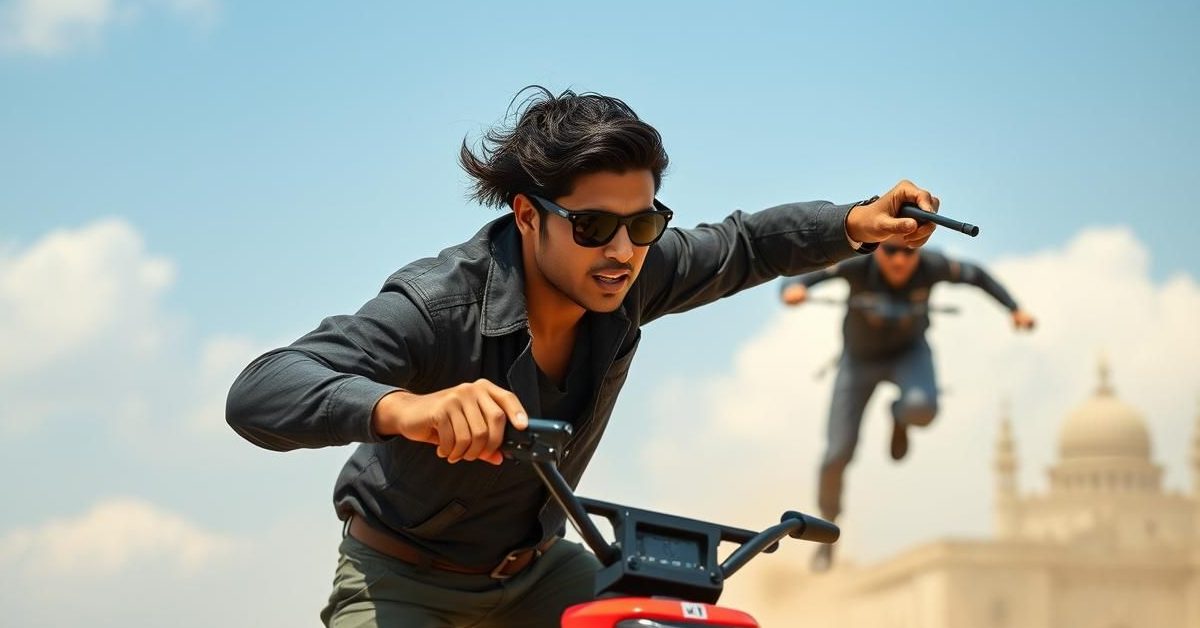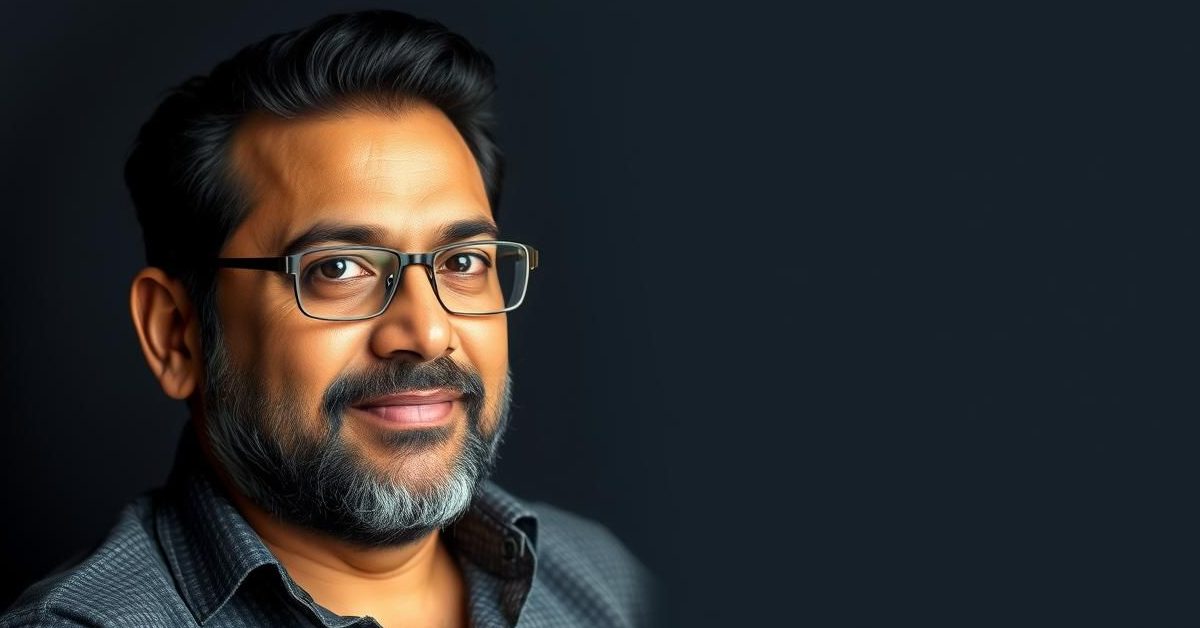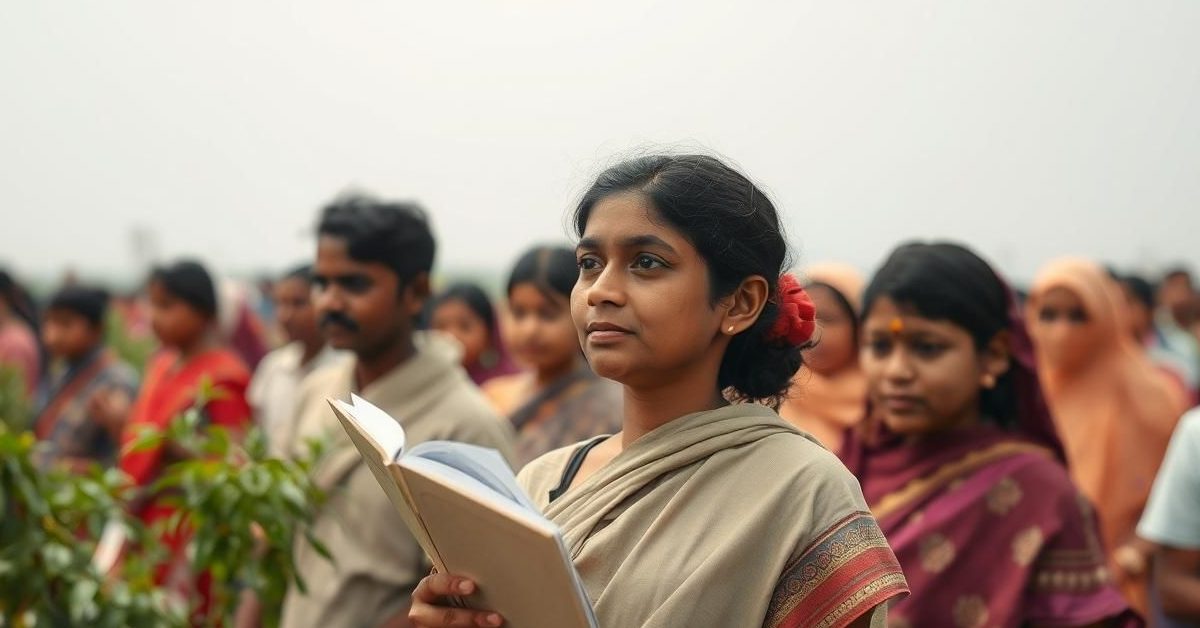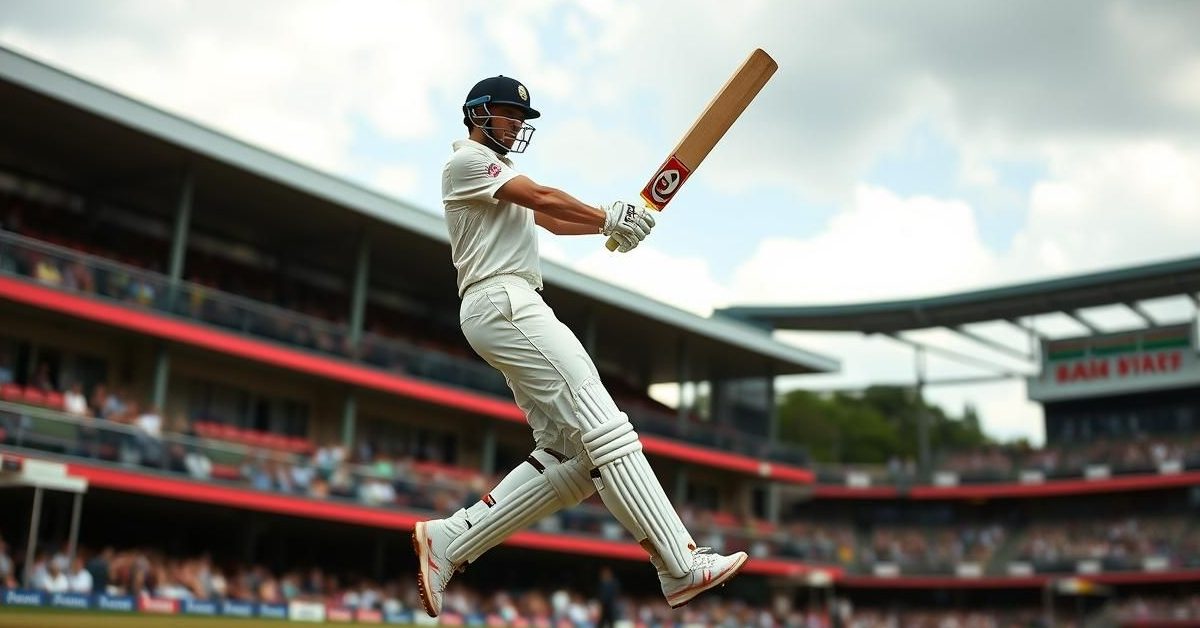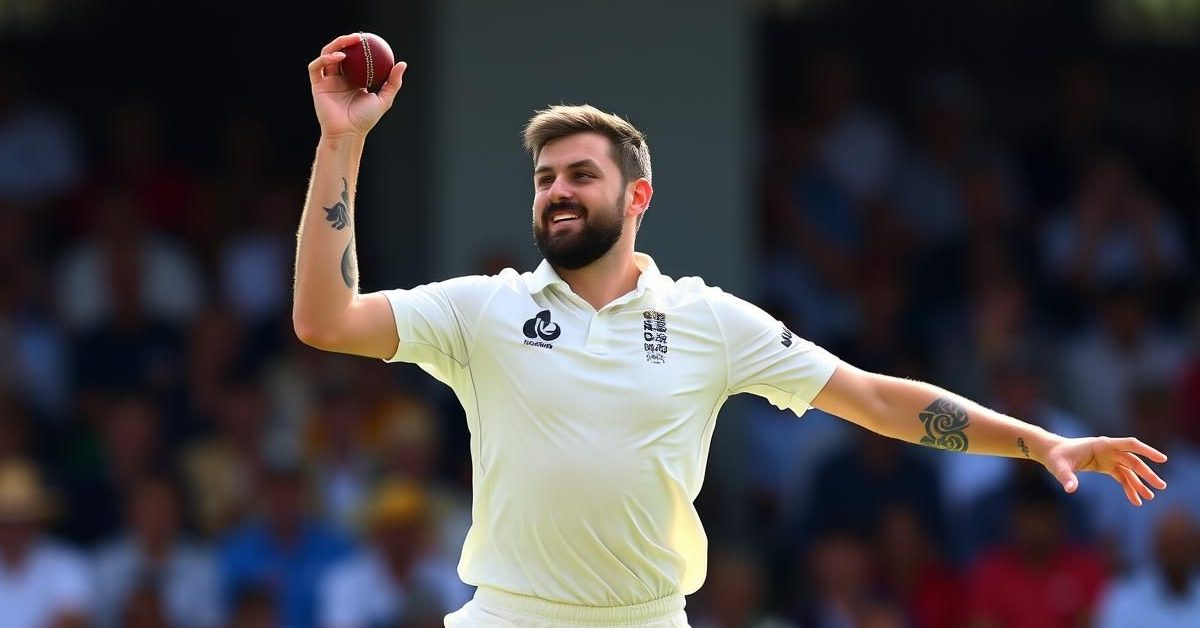Bollywood’s Mid-Year Reckoning: A Tumultuous First Half for Hindi Cinema
As the calendar flips past the halfway mark of 2025, a stark reality settles over Bollywood: the industry finds itself once again navigating turbulent waters. Despite a flurry of star-studded releases and ambitious projects, the box office report card for the first six months paints a largely somber picture, punctuated by only a singular, undeniable blockbuster. This period has revealed a landscape fraught with polarizing narratives, unexpected misses, and a desperate search for sustainable success.
The Lone Titan: Chhaava’s Dominance and Its Controversial Roar
The undisputed champion of 2025’s first half stands tall: *Chhaava*. This historical epic, spearheaded by Vicky Kaushal as Chhatrapati Sambhaji, proved to be an unstoppable force, a true box office monster. Its success, however, is a nuanced tale. Directed by Laxman Utekar, the film tapped into a potent vein of nationalistic fervor, delivering high-decibel patriotic speeches and positioning “evil Mughals” as cinematic villains.
While Vicky Kaushal delivered an intense performance, particularly during the grueling climactic sequences, and Akshaye Khanna offered a surprisingly subdued yet effective portrayal of Aurangzeb, the film’s narrative choices sparked significant debate. Its propensity to incite strong emotions and, for some, contribute to societal polarization, highlights a prevailing trend in the industry: films that generate hysteria, both inside and outside theaters, often become the biggest earners. The roaring success of *Chhaava* undeniably underscores a current audience appetite for such narratives.
Star Power Fades: The Big Budget Backfires
Beyond *Chhaava*, the roster of big-budget, A-lister vehicles largely struggled to ignite the box office. Films like Sunny Deol’s uber-violent desi-Western *Jaat*, despite its predecessor’s (Gadar 2) monumental success, managed only a “hit” verdict, swapping Punjab’s parathas for Andhra’s idli and sambar, yet retaining Deol’s signature fist-pumping action.
Akshay Kumar, a star often associated with patriotic roles, found his ventures *Sky Force* and another period drama failing to soar. Perhaps the audience craves a specific type of jingoism, one that these films couldn’t quite deliver without the “vile Muslim” trope that seems to guarantee a mass connect.
Even the much-hyped *Sikandar*, starring Salman Khan, intended to revive his flagging box office fortunes, crashed and burned spectacularly, earning the dreaded “disaster” label. Shahid Kapoor’s attempt at a brooding cop saga, *Deva*, a remake of the acclaimed Malayalam film *Mumbai Police*, fell flat, leaving the talented actor stiff and uninspired after his 2024 success with *Teri Baaton Mein Aisa Uljha Jiya*. *Raid 2* and *Kesari 2*, while not outright disasters, also failed to replicate the impact of their originals, settling for “semi-hit” or “average” statuses.
The Unexpected Wins: Middle-Ground Magic and Familiar Formulas
Amidst the grand theatrical spectacles that largely disappointed, a few films quietly carved out their success. Rajkummar Rao’s *Bhool Chuk Maaf*, a “very middling” family entertainer from Dinesh Vijan’s Maddock Films (known for last year’s horror-comedy *Stree 2*), surprisingly emerged as a hit. Its loud, boisterous family entertainment style confirms one of Bollywood’s two safe zones, the other being the even louder, flag-waving films like *Chhaava*.
The latest installment in the broad comedy franchise, *Housefull 5*, is also on track for success. While a final verdict awaits its full theatrical run, its performance signals a continued audience appetite for established, lighthearted franchises, offering a sense of familiar escapism.
The Persistent Pain Points: Star Fees and OTT’s Shadow
Bollywood’s perennial struggles are deeply rooted in two critical issues that show no signs of abating. Firstly, the astronomical fees commanded by A-list stars and their extensive entourages inflate production budgets, making profitability an uphill battle. This self-inflicted wound often prioritizes star vehicles over compelling narratives, leading to diluted content and artistic compromises.
Secondly, the omnipresence of streaming platforms has dramatically altered audience viewing habits. With new films dropping on Netflix, Prime Video, and others within weeks, or even as direct-to-OTT releases, the incentive for audiences to spend on costly movie tickets in a post-pandemic, budget-conscious era has diminished significantly. Why pay a premium for a limited theatrical window when the convenience of home viewing is just around the corner?
Streaming Woes and Glimmers of Hope on Digital Platforms
The streaming landscape itself has been a mixed bag for Bollywood. While meant to be a game-changer, not all OTT exclusives have covered themselves in glory. Netflix originals like *Nadaaniyan*, starring debutants Ibrahim Ali Khan and Khushi Kapoor, and the Saif Ali Khan-Jaideep Ahlawat heist drama *Jewel Thief*, were widely panned as “staggeringly bad” and “equally awful,” respectively.
Prime Video fared somewhat better with Boman Irani’s directorial debut, *The Mehta Boys*, a heartwarming father-son tale starring Avinash Tiwary, and Karan Tejpal’s 2023 release *Stolen*, which skillfully examined societal divides through a real-life kidnapping story. Even indie-spirited productions like Reema Kagti’s *Superboys of Malegaon* (produced by Kagti, Zoya Akhtar, Farhan Akhtar, and Ritesh Sidhwani) struggled theatrically, ultimately finding a wider audience on Prime Video, a testament to the platform’s reach.
Zee’s film slate introduced some noteworthy efforts. *Mrs*, directed by Arati Kadav and starring Sanya Malhotra, a faithful if slightly sanitized remake of the Malayalam hit *The Great Indian Kitchen*, resonated by speaking up for women trapped in domestic ruts. Other interesting titles included Babil Khan’s *Logout*, exploring social media’s dangers, and *Costao*, a real-life tale featuring Nawazuddin Siddiqui, proving his ability to command attention even in smaller roles.
Aamir Khan’s Bold Move: The Theatrical Revival?
Perhaps the most thought-provoking development comes with Aamir Khan’s *Sitaare Zameen Par*. A spiritual successor to the beloved *Taare Zameen Par* and a desi remake of the Spanish film *Campeones*, this movie is an unapologetically message-driven film dedicated to increasing visibility and understanding for neurodivergent young adults.
While Aamir Khan’s presence sometimes felt a touch overbearing, he largely shared the spotlight with grace, allowing a wonderfully spunky cast of young neurodivergent actors to shine as the true heroes. Critically, Aamir Khan’s pre-release declaration that *Sitaare Zameen Par* would *not* be available on OTT for the foreseeable future is a strategic gamble. It asserts confidence in the film’s theatrical appeal and forces audiences to step into cinemas if they wish to experience it.
This bold move could be the pivotal factor that rejuvenates the theatrical experience. In an era where producers often prioritize upfront streaming deals over the long-term investment in a theatrical run, Aamir’s decision highlights a crucial truth: genuine belief in a film’s potential, combined with the courage to take a risk, might just be the remedy Bollywood desperately needs. The industry must shift its focus from merely showboating stars to showcasing compelling narratives. Only then will audiences, promised a truly unique and immersive experience, return to the darkened halls of the movie theater, wallets in hand, ready to engage.
